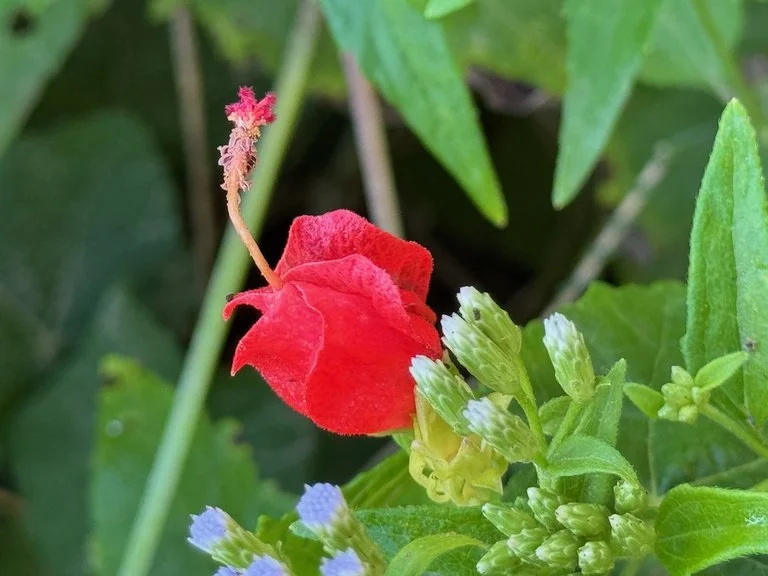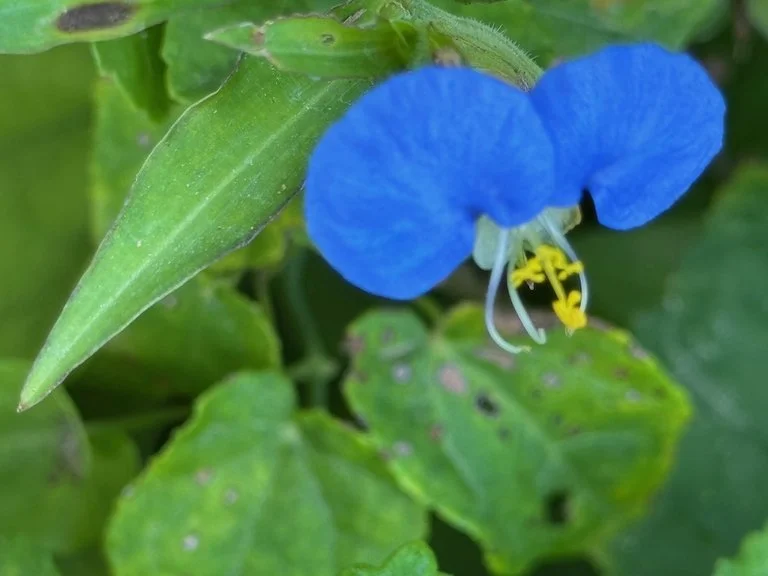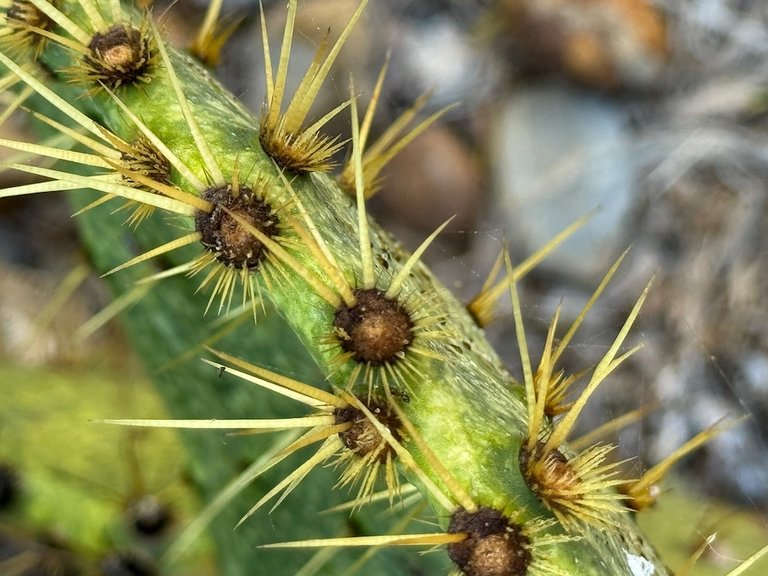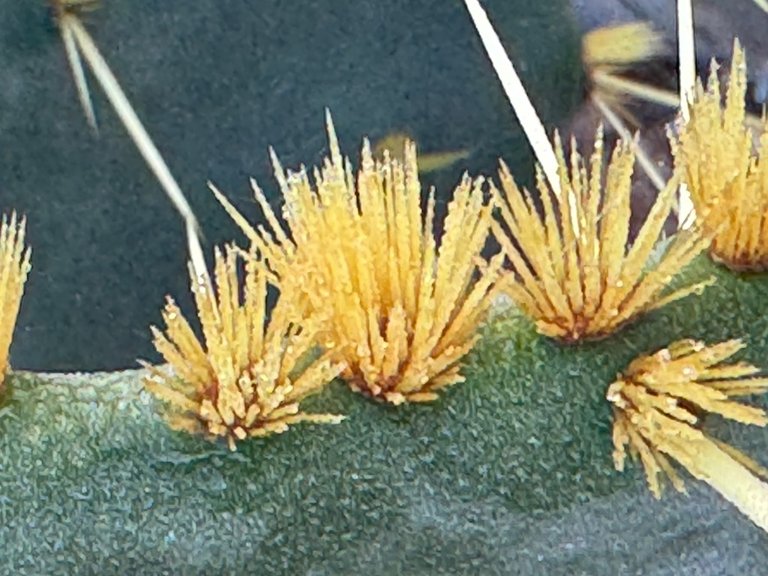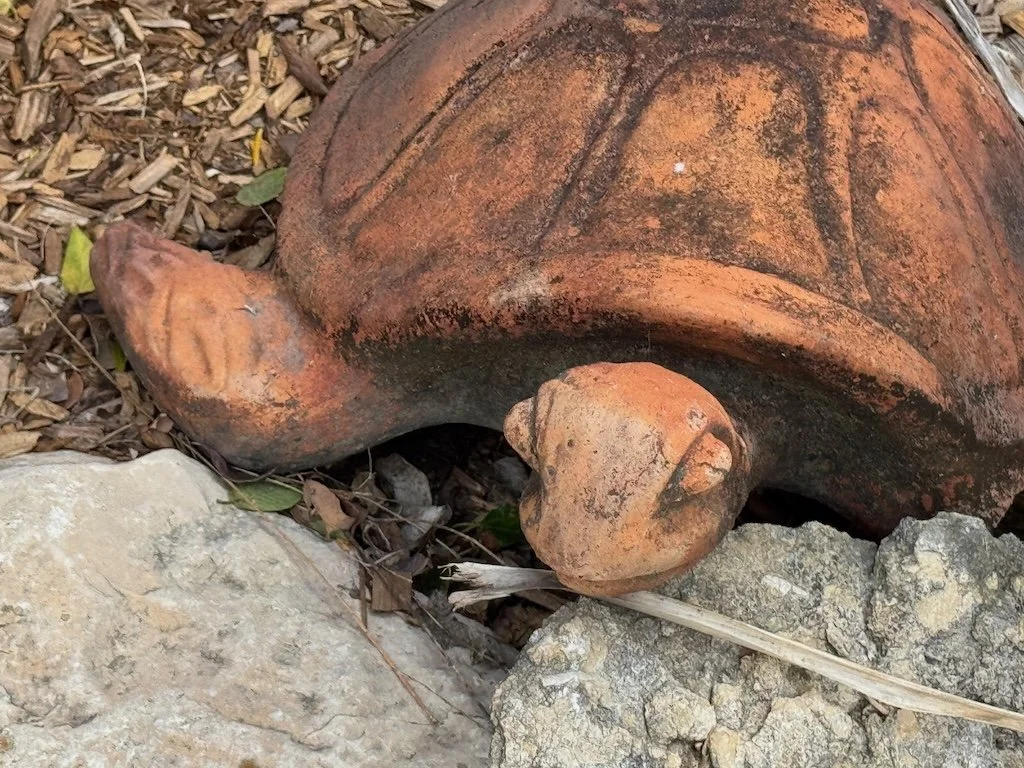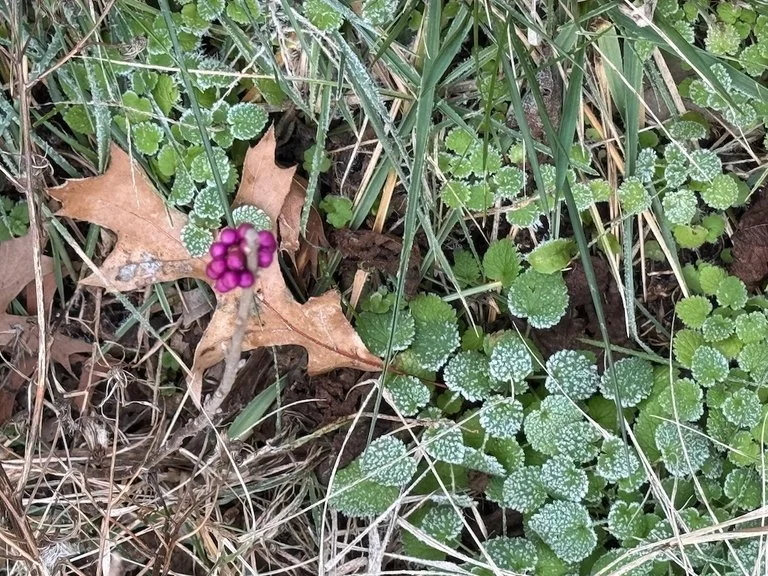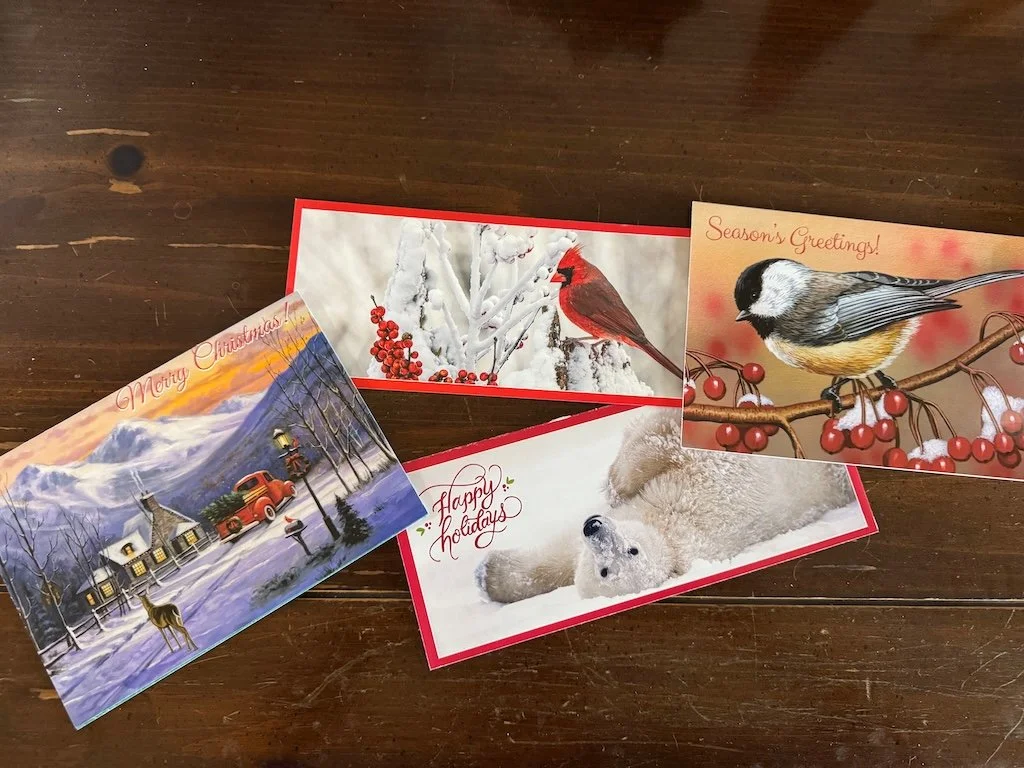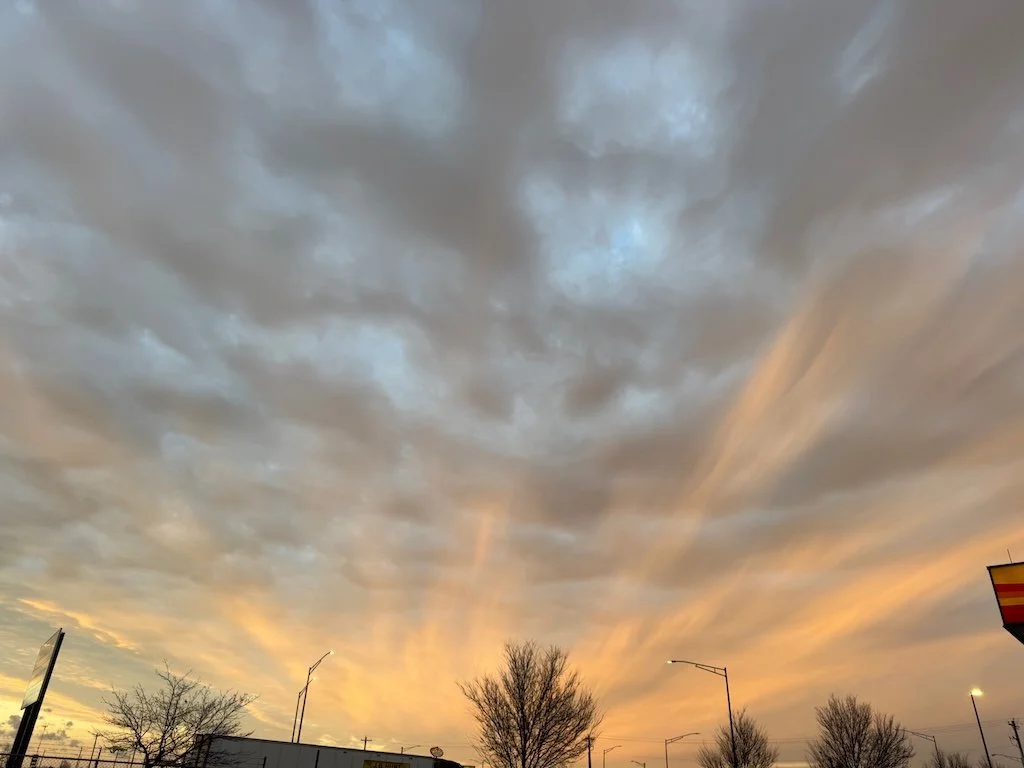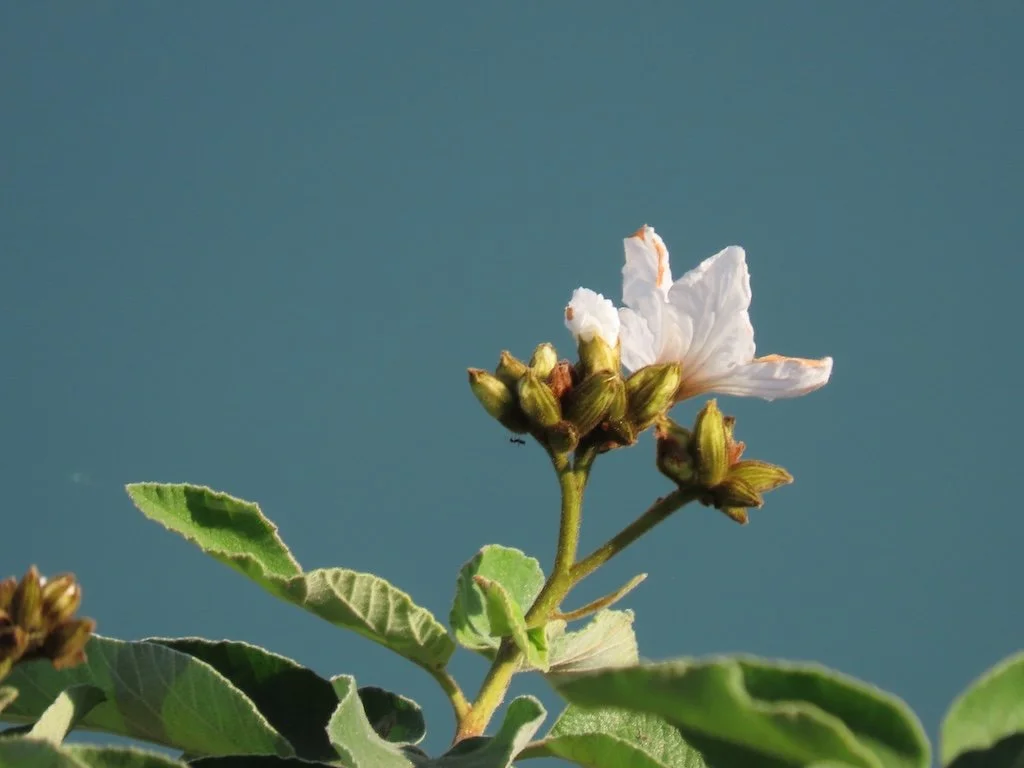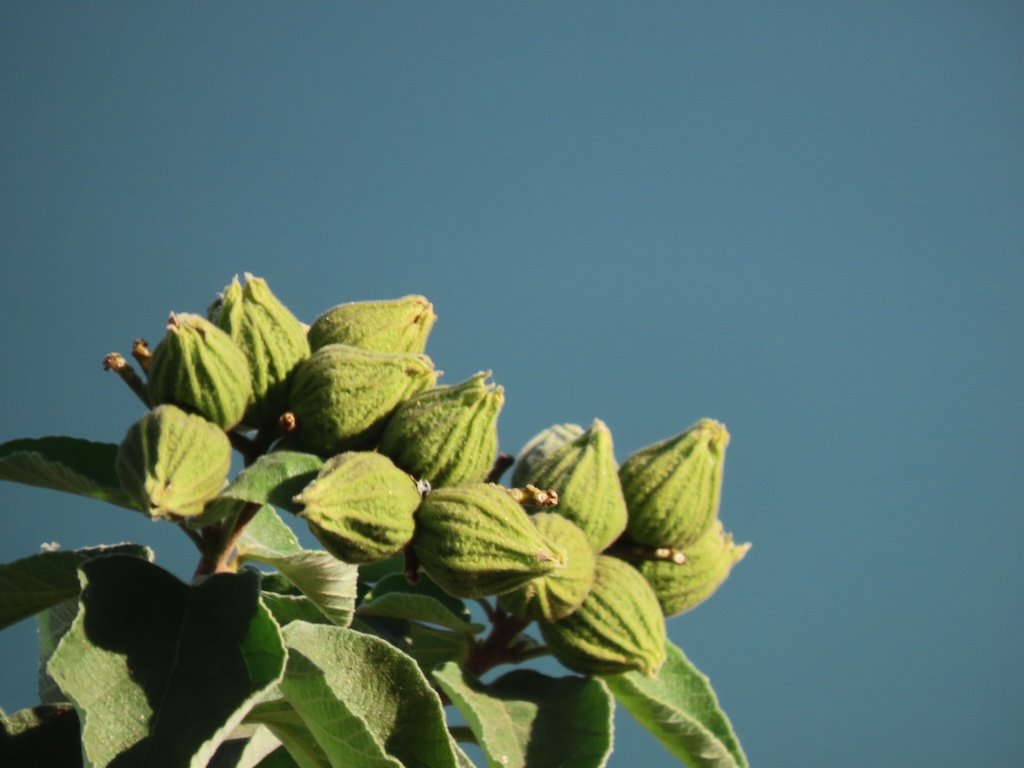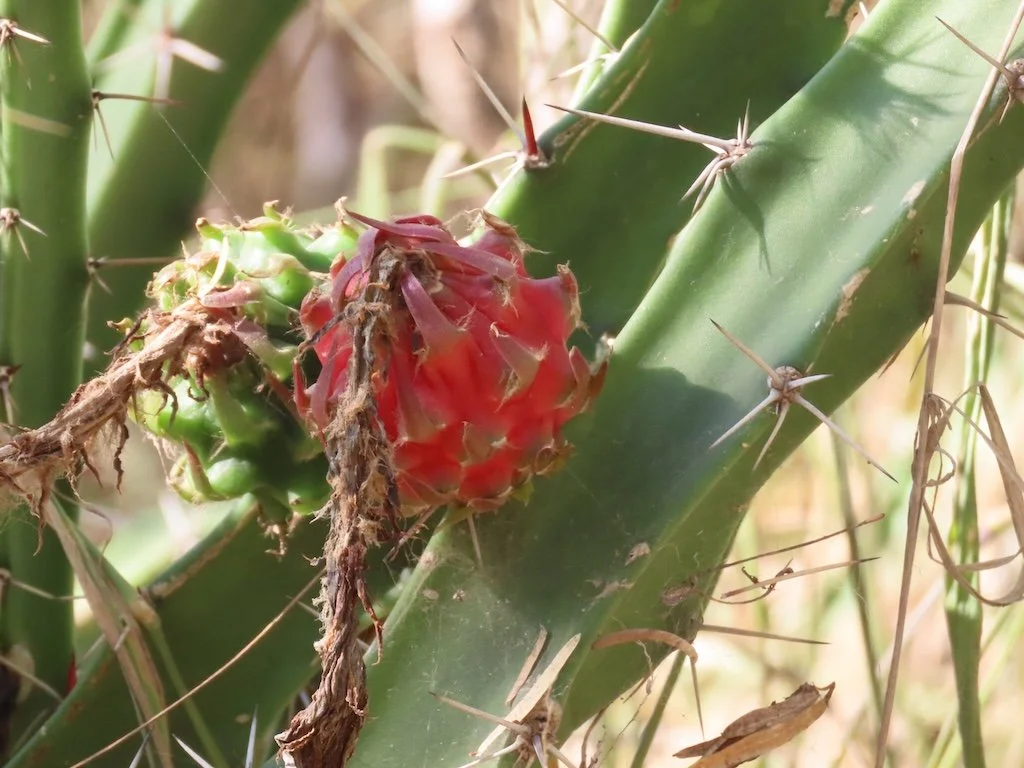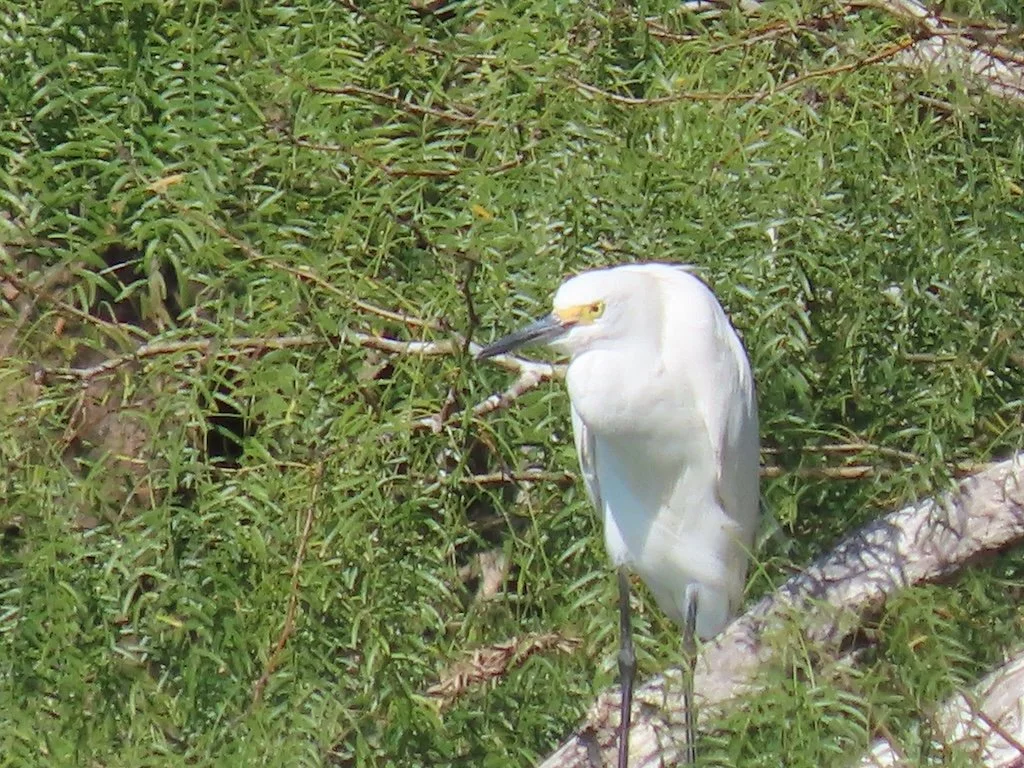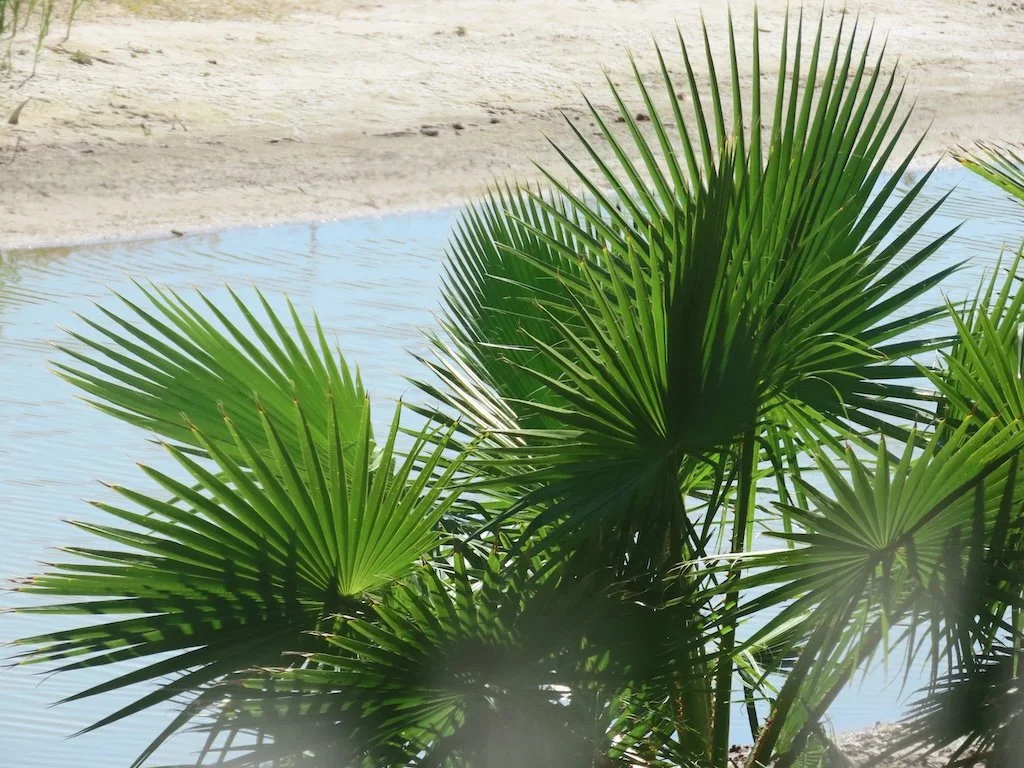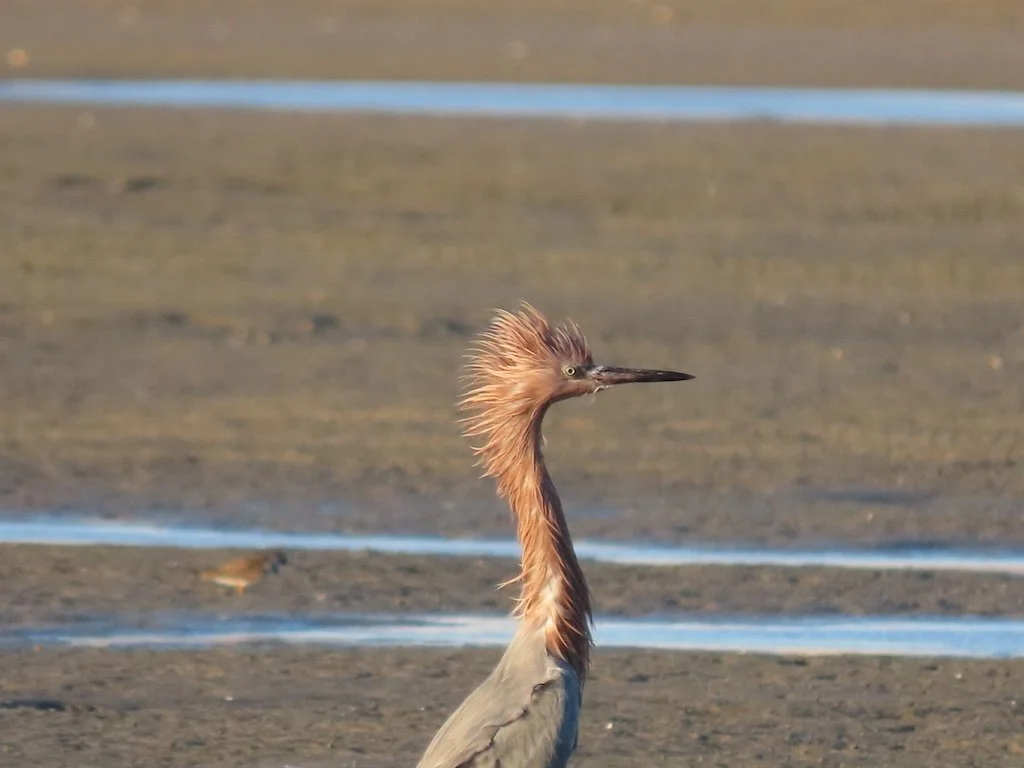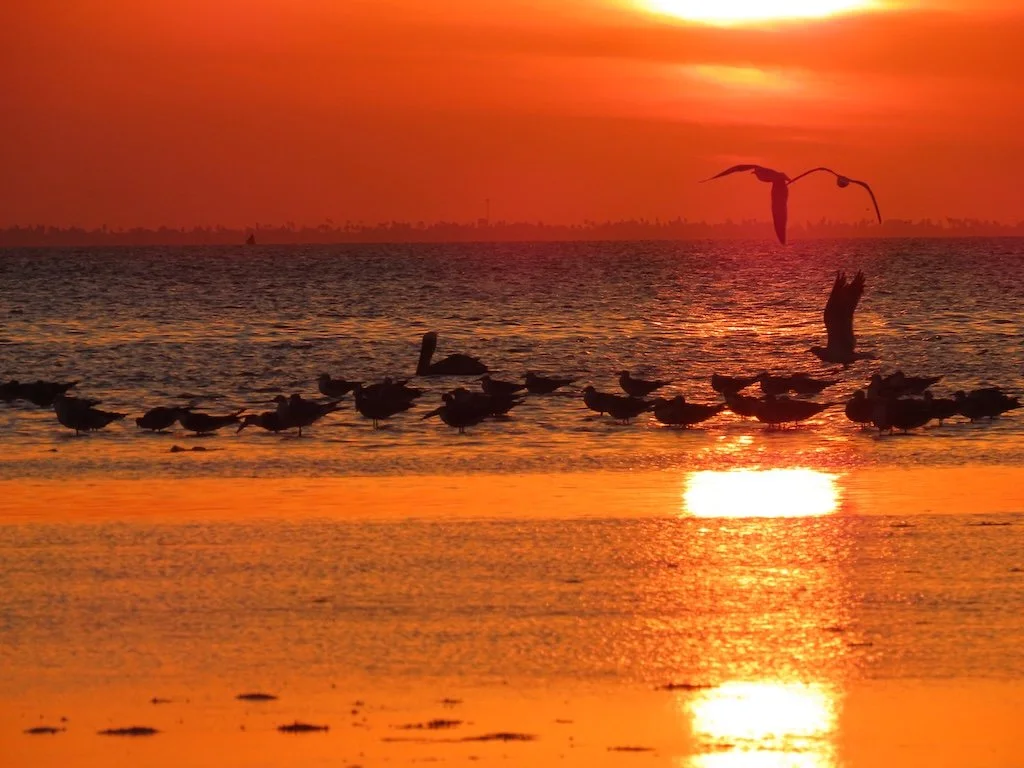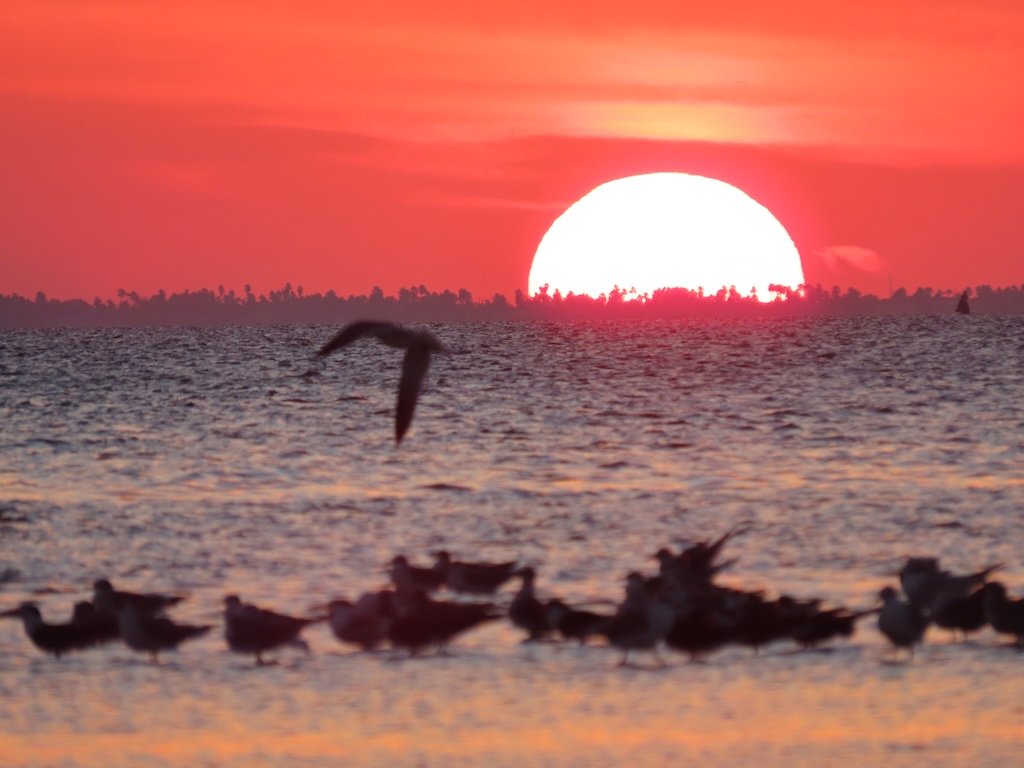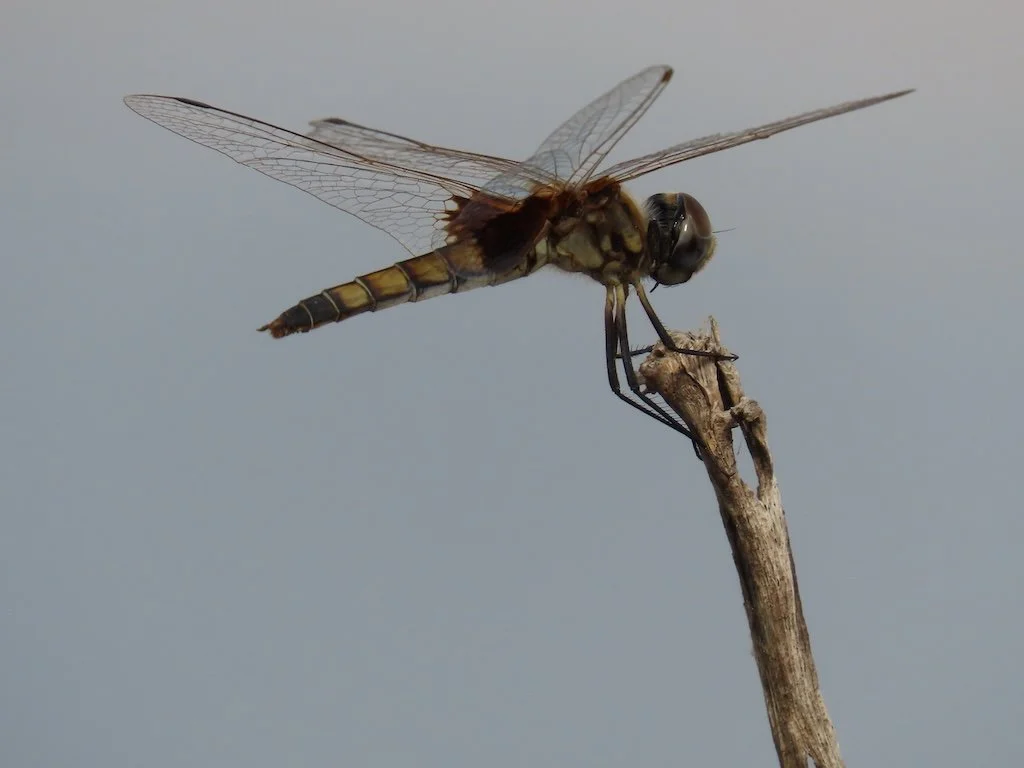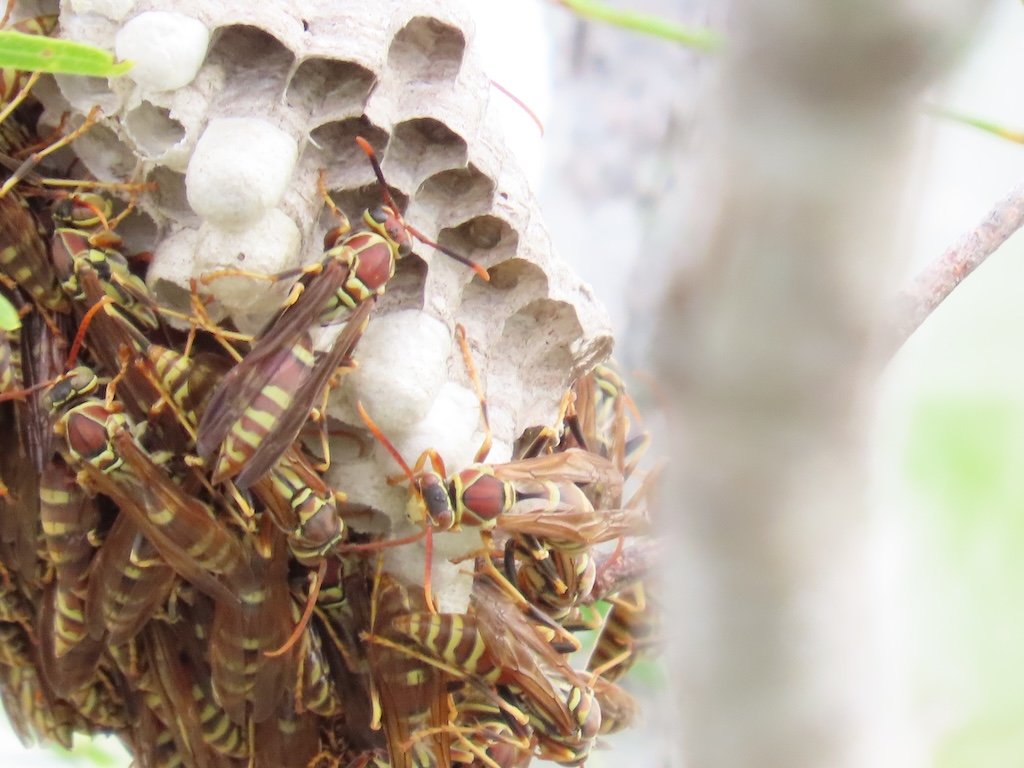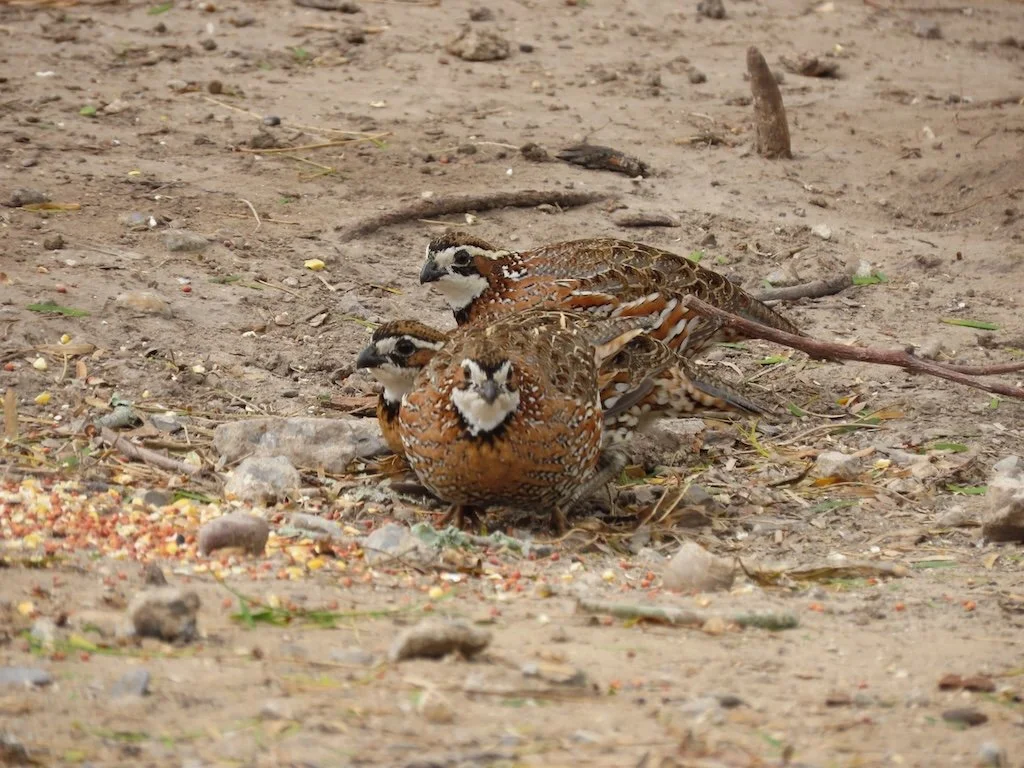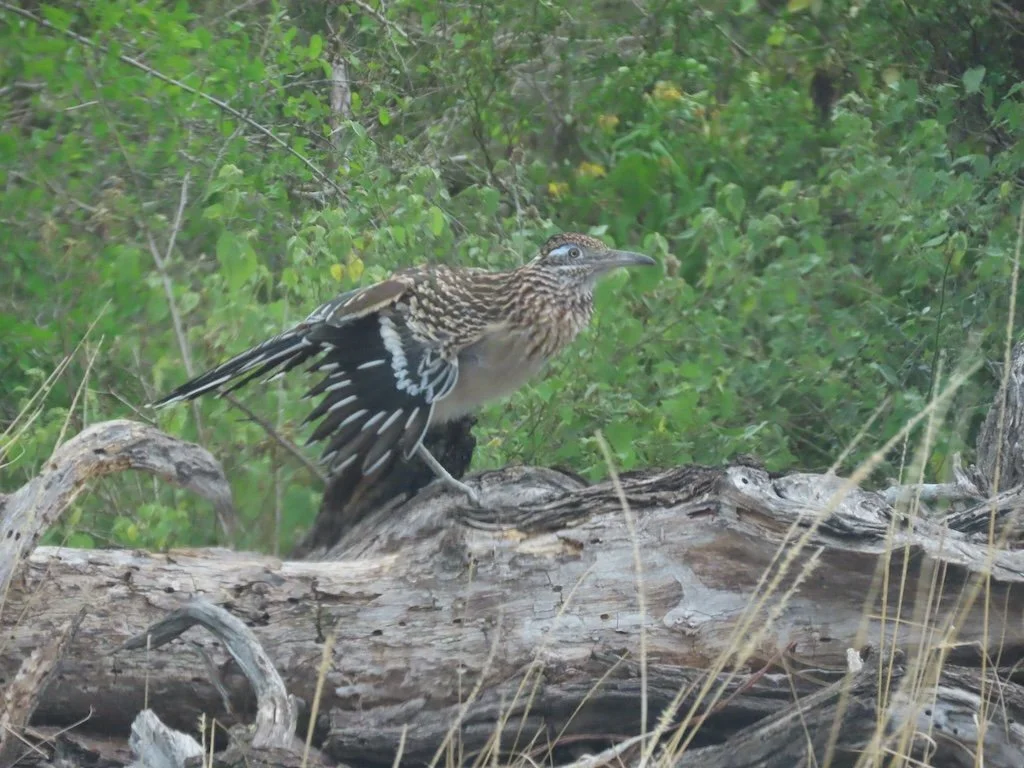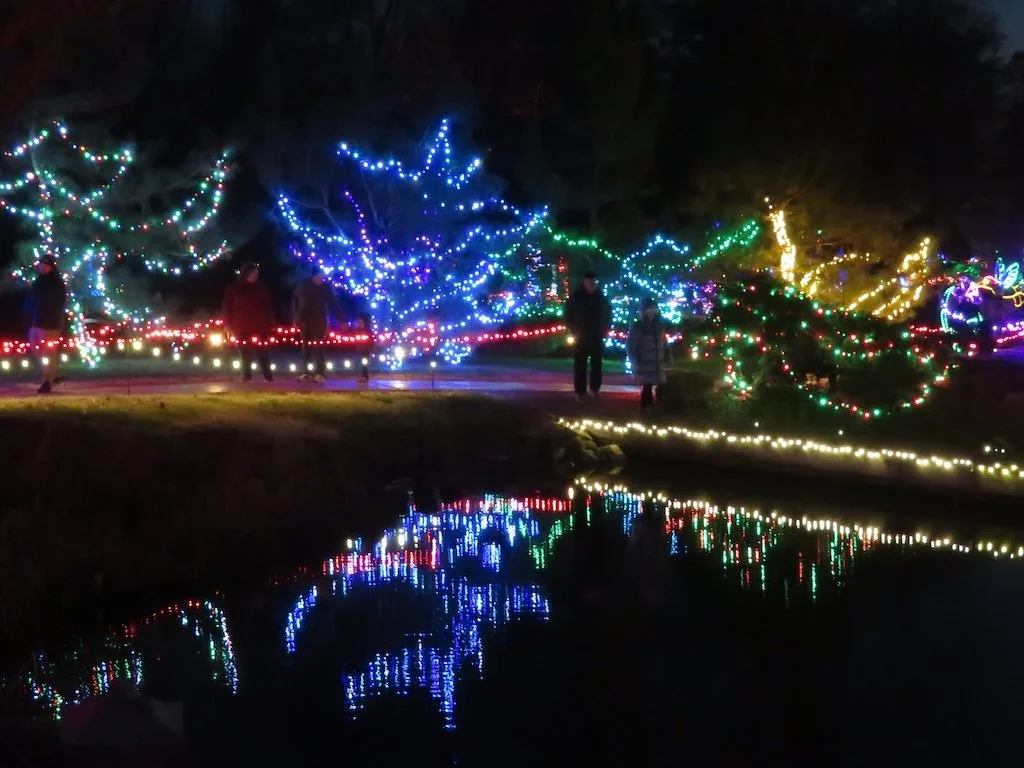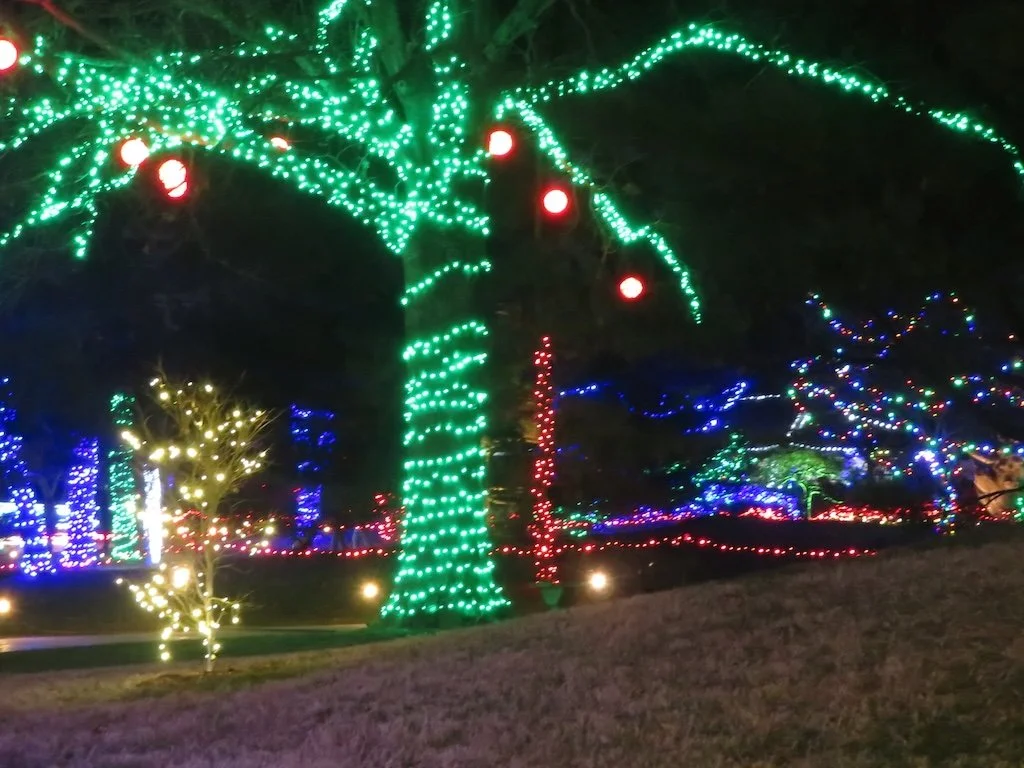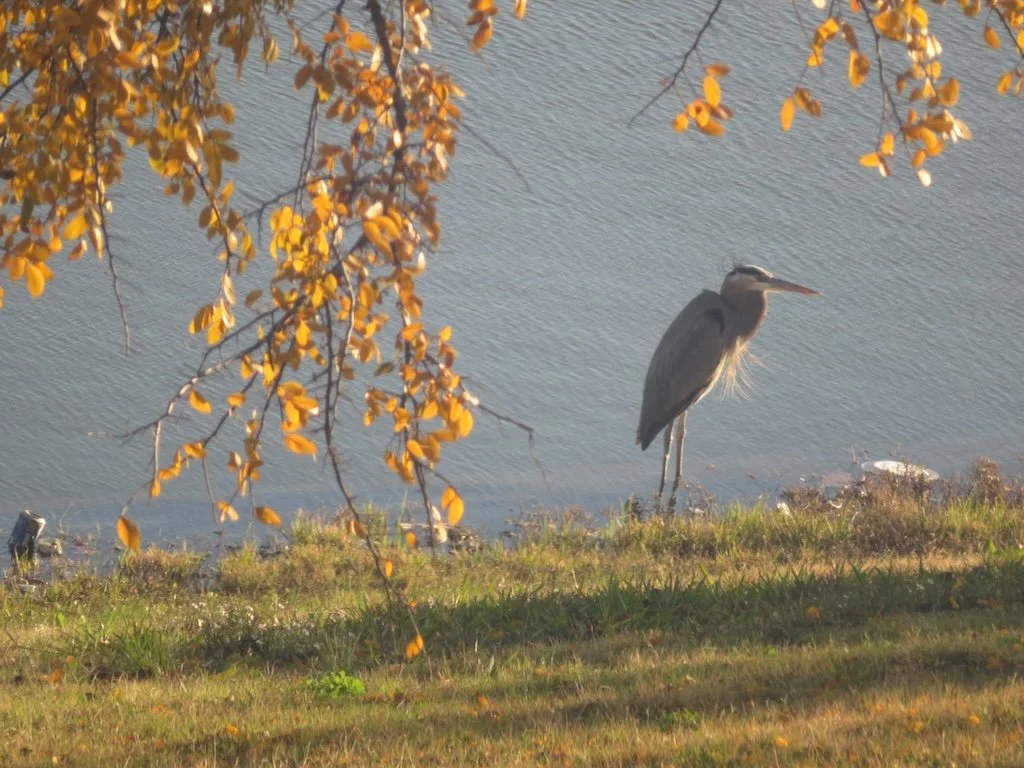Coursera Experience - November 2014
/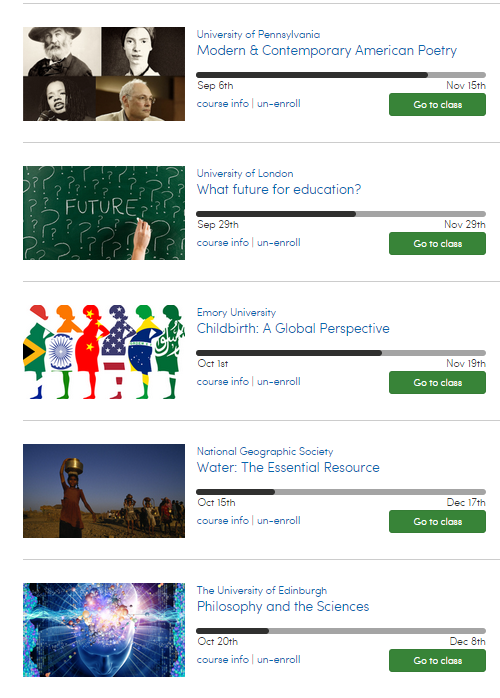 There are a lot of courses that are continuing into November from September and October.
There are a lot of courses that are continuing into November from September and October.
Modern & Contemporary American Poetry. The most time-consuming of the courses. The close reading videos of the instructors and TAs are worth the time. I may not like all the poetry styles but the course has broaden by awareness of poetry that either had not been written or was not presented when I was in college in the 1970s.
What future for education? - I am enjoying the interviews that are the core of the videos for the course but the big item I’ve learned from this course is about the importance of reflection before and after learning experiences. I’ve changed by behavior to include reflection before and after Coursera videos for each course. Sometimes the instructors have prompting questions that make it easy and sometimes I have to invent my own. I’ve also incorporated the idea into my nature hikes for children: asking what they know about the topic of the hike before we set out….and then prompting question about something new they learned or why it was important.
Childbirth: A Global Perspective - This course has a very good mix of summary statistics and case studies for individual countries around the world. The big take away for me has been how linked childbirth issues are related to other issues like the status of women in the society, the medical infrastructure, and obesity (the overabundance of food) or malnutrition (too little food).
Water: The Essential Resource - There is a lot of interest in water around the world - and where the amount of water is changing either because of climate change, pollution, or depletion. The class focuses on a curriculum for California schools but is broadly applicable. There are great resources for case studies. I’ve already been able to apply some of the ideas in nature hikes for school children about soil/erosion and water runoff around schools.
Philosophy and the Sciences - I’m always impressed with the way University of Edinburgh brings together instructors with complementary backgrounds to present the material in their MOOCs. The course is divided into two sections to demonstrate the relationship between philosophy and the sciences: cosmology and cognitive science. We are still in the cosmology part of the course. Last week half the lecture was done with the instructor writing on a white board….just like in a physical class (but without having to peer around the head of the person in front of you!).
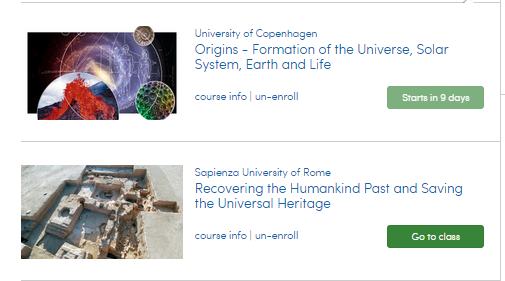 Fortunately - three of the courses will be ending in November because two more are starting!
Fortunately - three of the courses will be ending in November because two more are starting!
Recovering the Humankind Past and Saving the Universal Heritage - This one is just now posting materials.
Origins - Formation of the Universe, Solar System, Earth and Life - I didn’t realize when I signed up that this course would mesh with the Philosophy and Sciences course! It will be starting about the time the segment on cosmology ends.


